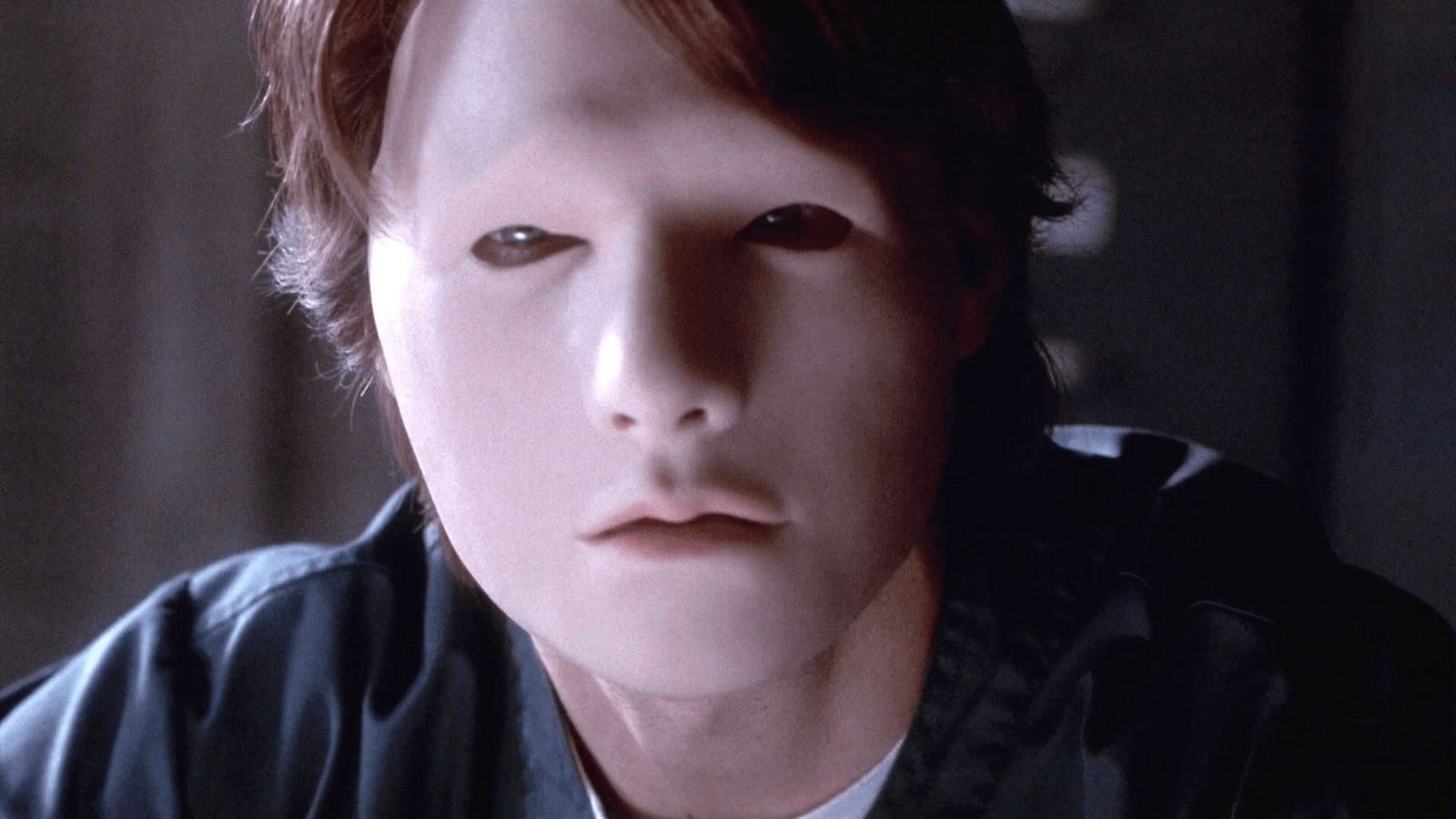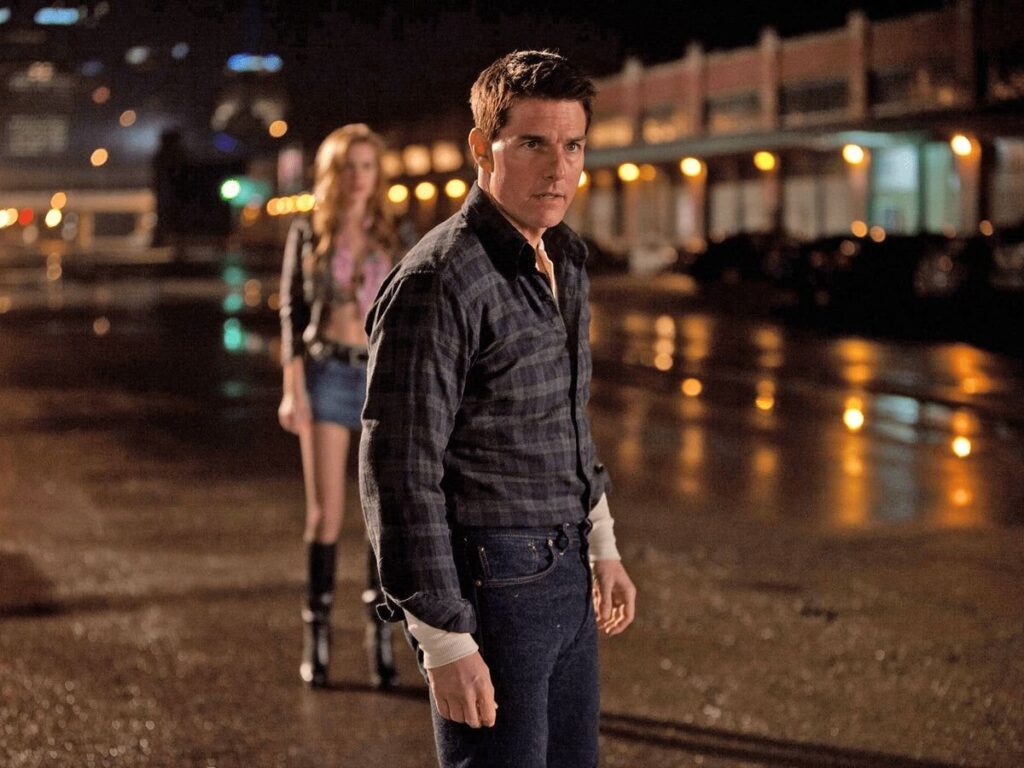Exploring the What-Ifs of Jack Reacher’s Continued Justice
Tom Cruise’s foray into the world of Jack Reacher in 2012 opened up a universe brimming with potential, given the character’s depth and the wealth of source material from Lee Child’s novels. While the first film wasn’t a critical favorite, it garnered enough global interest to justify a sequel. Yet, one can’t help but wonder about the untapped opportunities for further sequels. With Cruise’s partnership with talents like Christopher McQuarrie, envisioning more tactical and cerebral narratives for Reacher seems like a missed chance for a series that could have blended action with intricate storytelling.
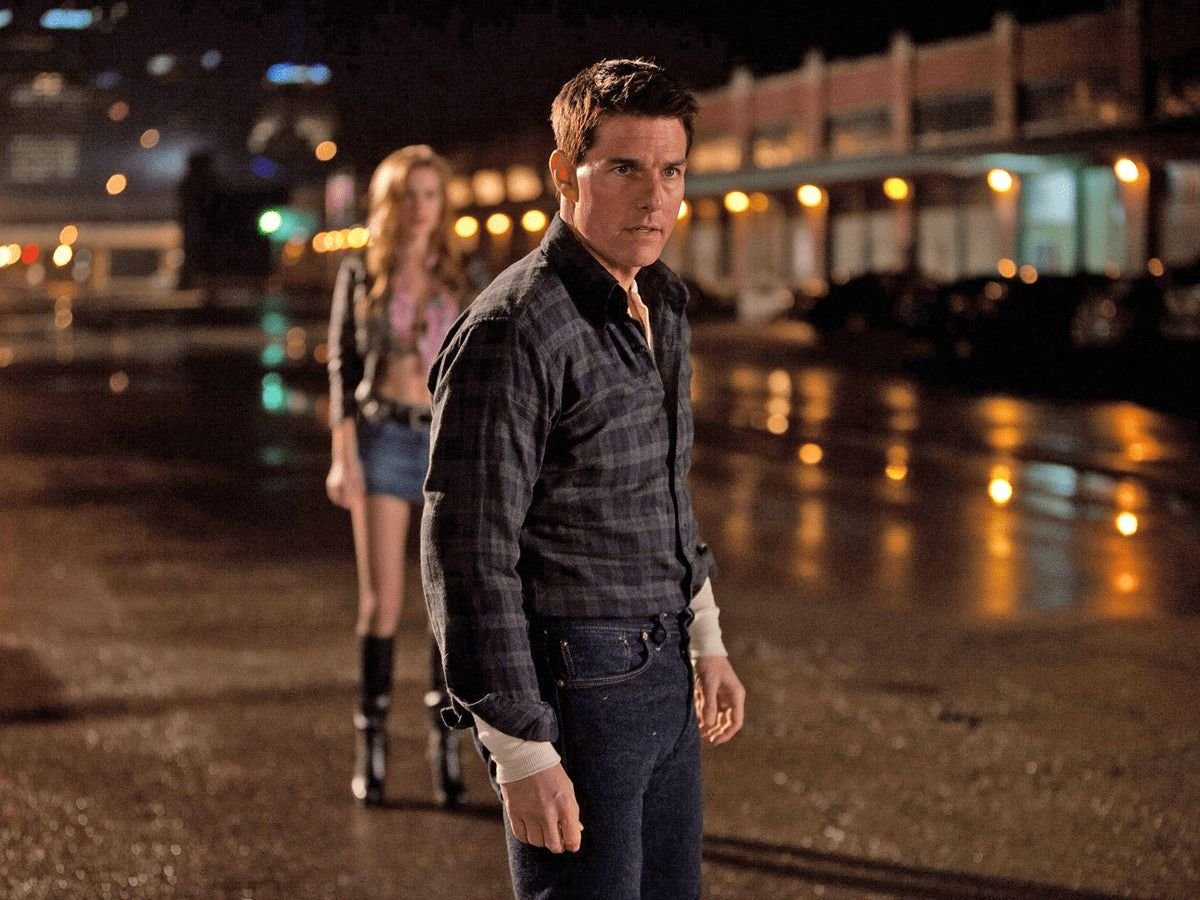
The Unwritten Chapter of The Last Samurai
The poignant tale of The Last Samurai could have continued beyond its tragic yet beautiful resolution. A sequel might have delved into the Westernization of Japan and its impact on the surviving characters. Imagining Cruise’s character grappling with his adopted culture’s fading traditions and the new world order presents a rich narrative canvas. It’s a contemplation of cultural identity and honor that we sadly never got to see unfold on screen.
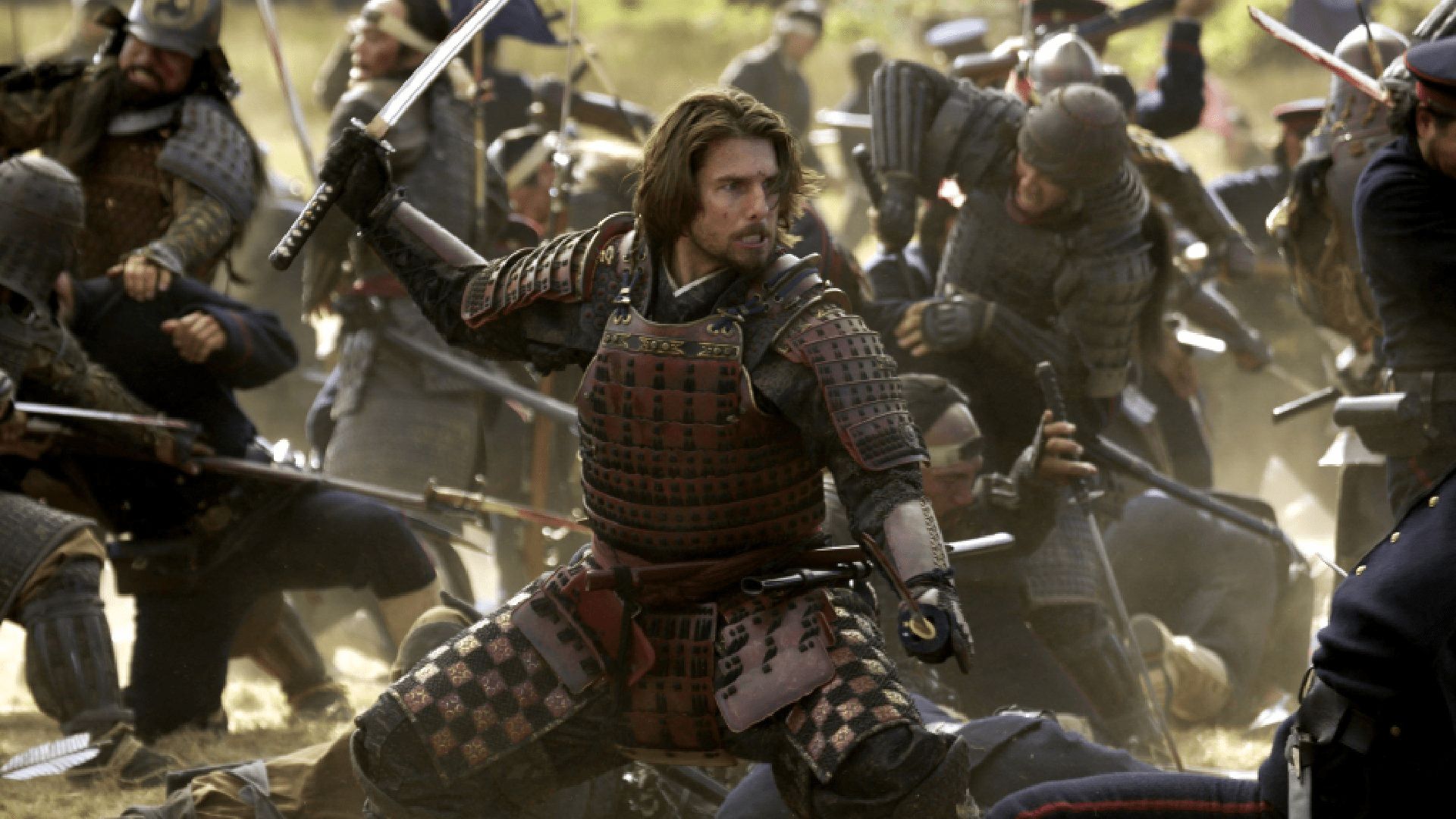

A Deeper Dive into the Edge of Tomorrow
Edge of Tomorrow presented a fascinating time-loop scenario coupled with an alien invasion backdrop. Despite its modest box office performance, critics lauded it, and it eventually won over audiences, earning its place as a standout sci-fi film. The potential for expanding upon its world-building and looping mechanics in a sequel is immense. It’s intriguing to think about how further exploration of this universe could have deepened our understanding of its characters and their fight against the extraterrestrial threat.
Critics fell over themselves to praise the film, lavishing it with a 90% score on Rotten Tomatoes.
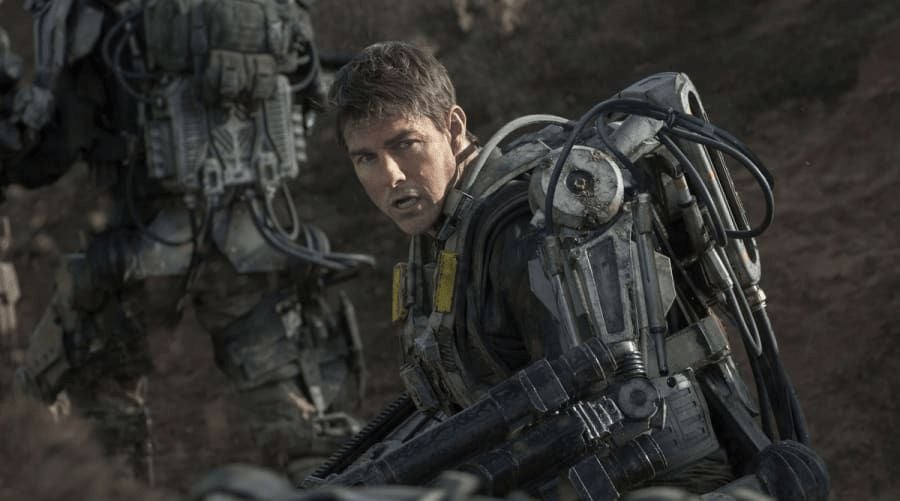

Oblivion’s Untold Future
The visually arresting Oblivion, despite not being warmly received, set up a post-apocalyptic world with significant potential for storytelling. A sequel could have explored the reconstruction of human society and the emotional journey of survivors like Jack Harper, portrayed by Cruise. The thematic parallels between Cruise’s career resilience and Harper’s role in rebuilding amidst ruins provide a compelling narrative that we can only speculate about now.
His last few films – were all poorly received and the last film undoubtedly soured the public’s interest in another science fiction outing from Cruise.
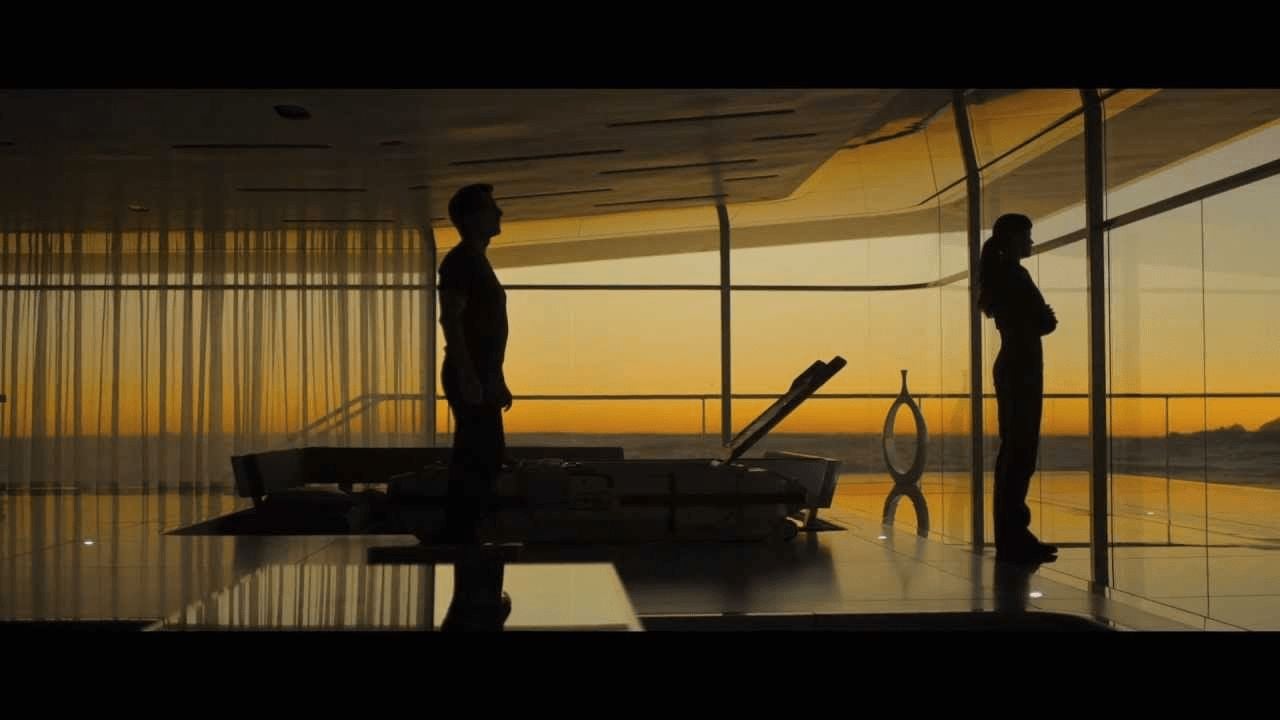

Collateral’s Aftermath Explored
In Collateral, we saw Max (Jamie Foxx) evolve from an ordinary cab driver to someone who stands up against formidable odds. A sequel focusing on Max’s life after that fateful night could explore themes of courage, trauma, and redemption. The relationship between Max and U.S. attorney Annie offered a glimpse into human connections formed under duress, which could have been further examined in a continuation of their story.
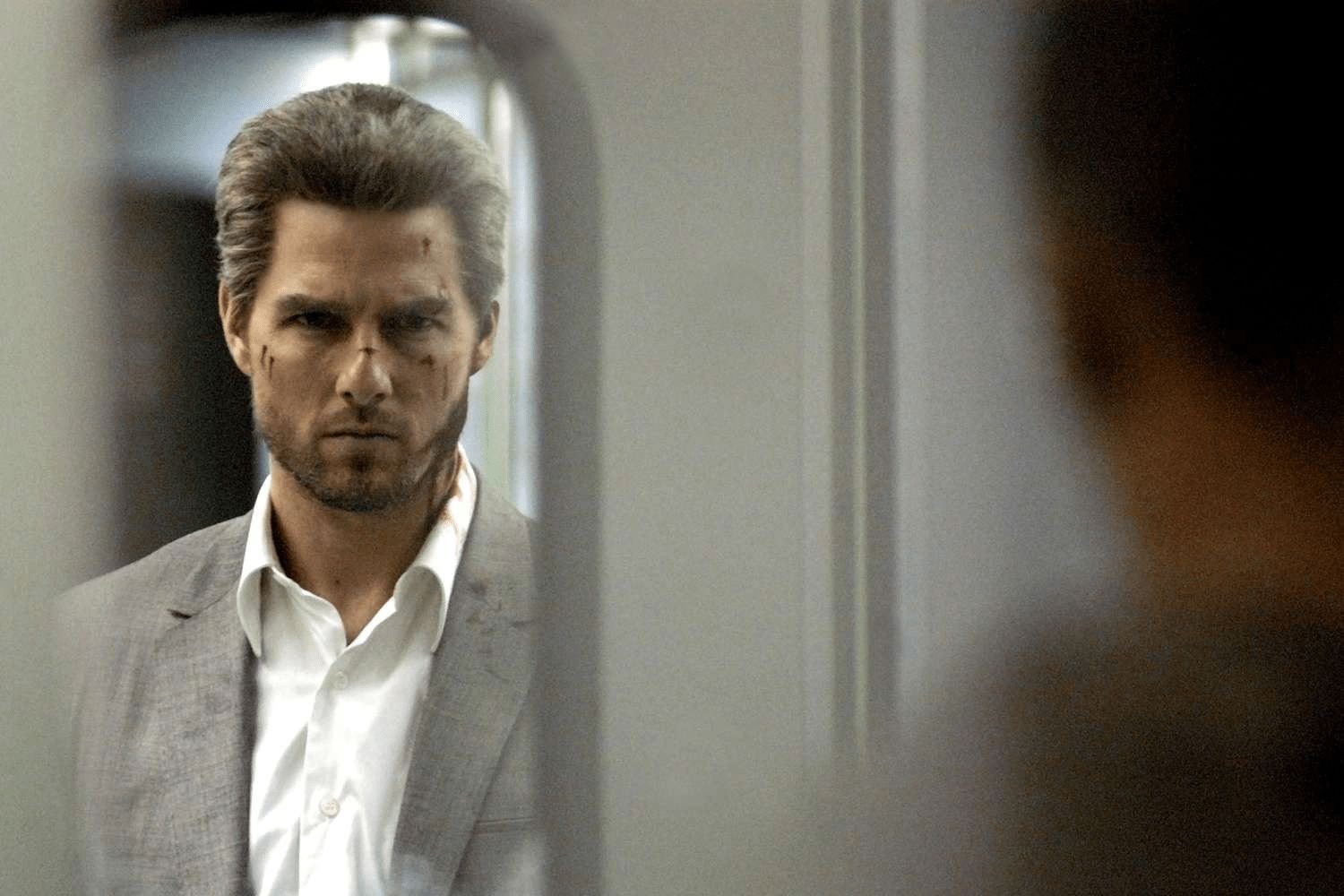

The Missed Escapades in Knight and Day
The quirky spy caper Knight and Day, while not a box office smash, showcased Cruise’s comedic timing alongside Cameron Diaz. Its endearing characters and globe-trotting adventures set the stage for sequels that could have taken audiences on new escapades. Despite mixed results, this film hinted at a lighter direction for Cruise that fans would likely have enjoyed seeing more of.
Mixed results aside, the comedic Knight and Day would inform much of the success that came after for Cruise.
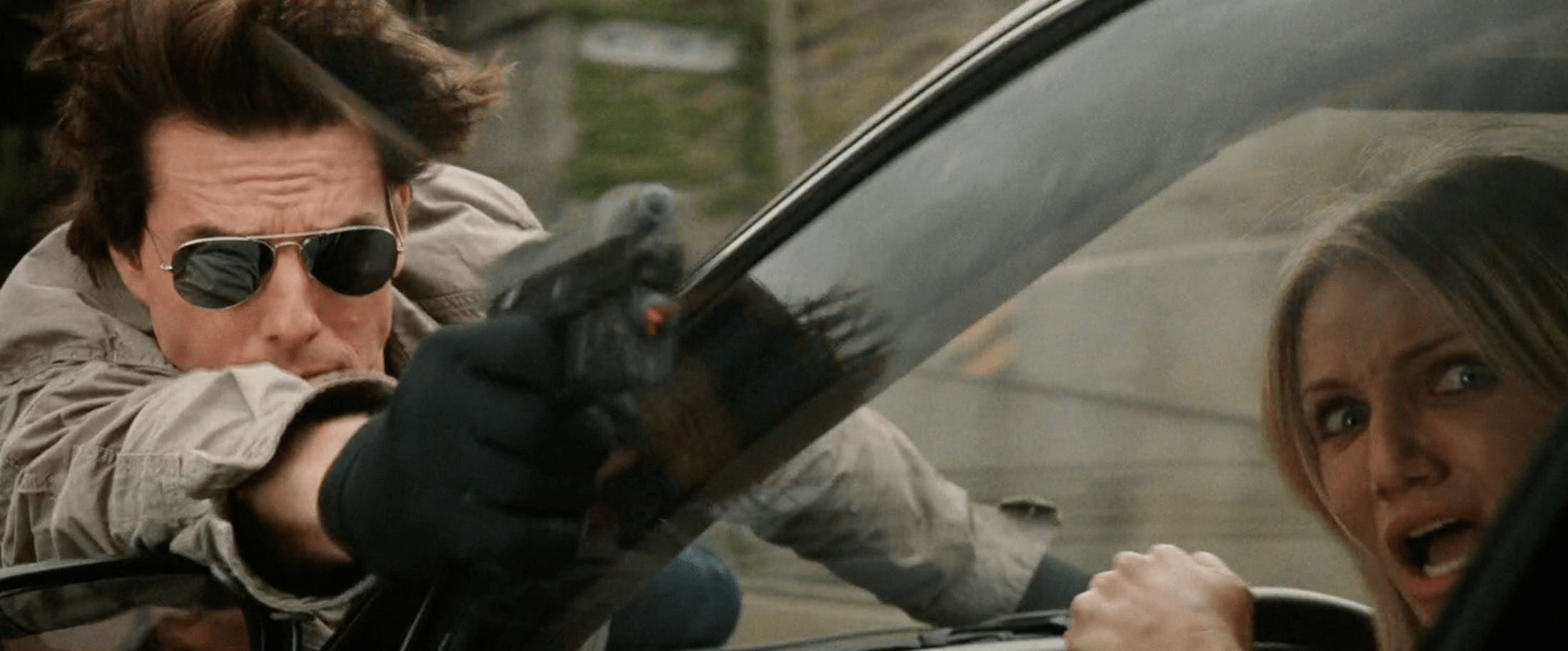

The Continued Dream in Vanilla Sky
Vanilla Sky took us on a surreal journey through reality and perception. Its ending left us pondering the nature of existence and technology’s role in shaping our experiences. A sequel could have delved deeper into these philosophical musings, exploring David Aames’ psyche further as he navigates his constructed reality. The potential to expand upon these complex themes was certainly there, leaving us curious about what paths untaken might have revealed about our own perceptions of reality.
David’s mediated mental experiences appear authentic to him while within the dream and his thoughts, beliefs and ideology develop in response to his interactions with the constructed inhabitants and settings.
